Record Number of Slow Lorises Seized in Indonesia [PHOTOS]
A record number of slow lorises have been seized in Indonesia, according to officials.
Photos from the International Animal Rescue Foundation show dozens of boxes containing the endangered animal. They had been seized on the main island of Java.
The lorises were rescued by the Indonesian Natural Resources Conservation Agency and were being cared for by the IAR in temporary cages at a rehabilitation centre in Bogor.
They were being moved from Sumatra to Java by smugglers who were about to sell them on as pets at markets.
Six lorises died because they had been squeezed so tightly into crates without food and water.
The slow loris is a nocturnal mammal found in south and southeast Asia. They have large eyes and distinctive coloration patterns and have a toxic bite to defend themselves from predators.
Their teeth are cut or removed for the pet trade, which often results in the animal dying from infection or blood loss.
Despite laws prohibiting the trade, they are sold openly in animal markets and smuggled to other countries as exotic pets. They have become increasingly popular as pets in recent years because of their "cuteness".
The capture, sale and keeping of slow lorises is punishable by up to five years in jail and a fine of £6,000. However, they remain one of the most heavily traded primates in Indonesia.
Karmele Llano Sanchez, programme director of IAR Indonesia, said: "These endangered animals are transported for long distances in awful conditions. All of them suffer during this process and some of them do not even make it to the markets where all these lorises will have their teeth cut and will be sold to people who want lorises as pets."
After the seizure, the IAR treated the animals and found many were suffering from stress-related illnesses, dehydration, malnutrition and dental problems, with some already having had their teeth cut.
"Many will require immediate medical treatment to be nursed back to health," Sanchez said. "The goal will be to begin, as soon as possible, a systematic release process for the fit and healthy individuals."
Alan Knight, chief executive of IAR, said the rehabilitation centre had been enlarged to house the lorises.
"I hope the public will support us in helping our team in Indonesia care for these lorises," he said.
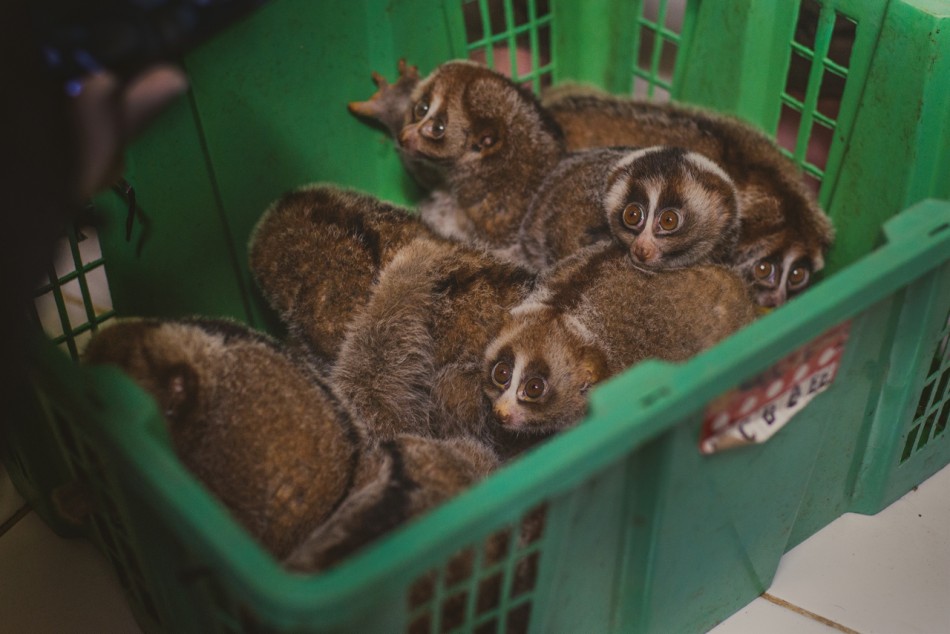
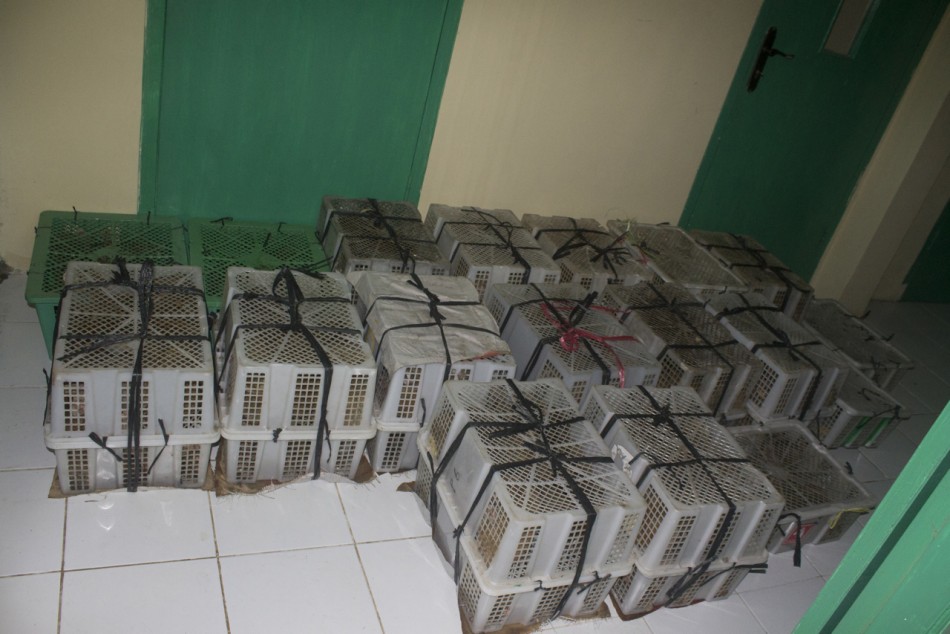
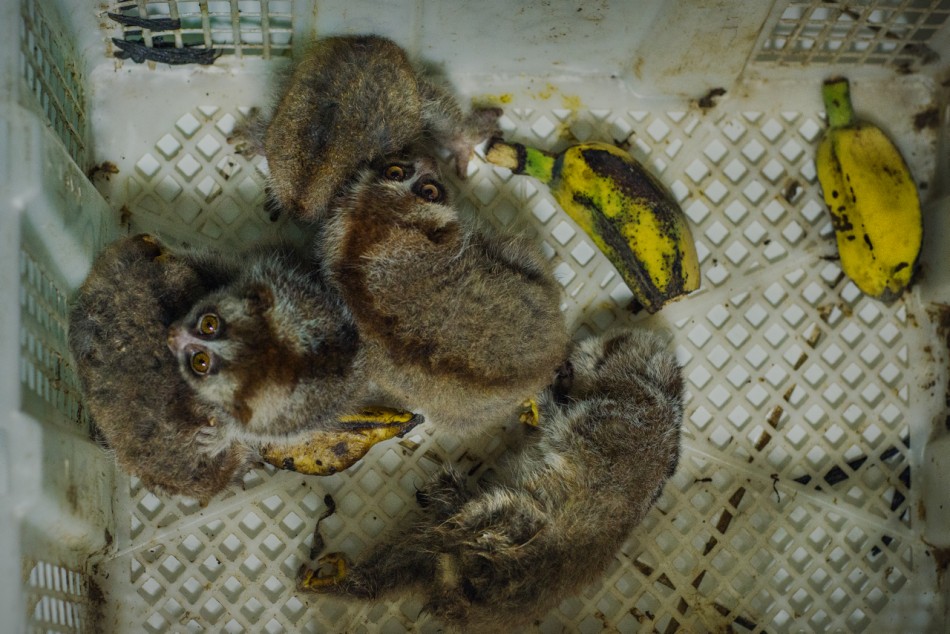

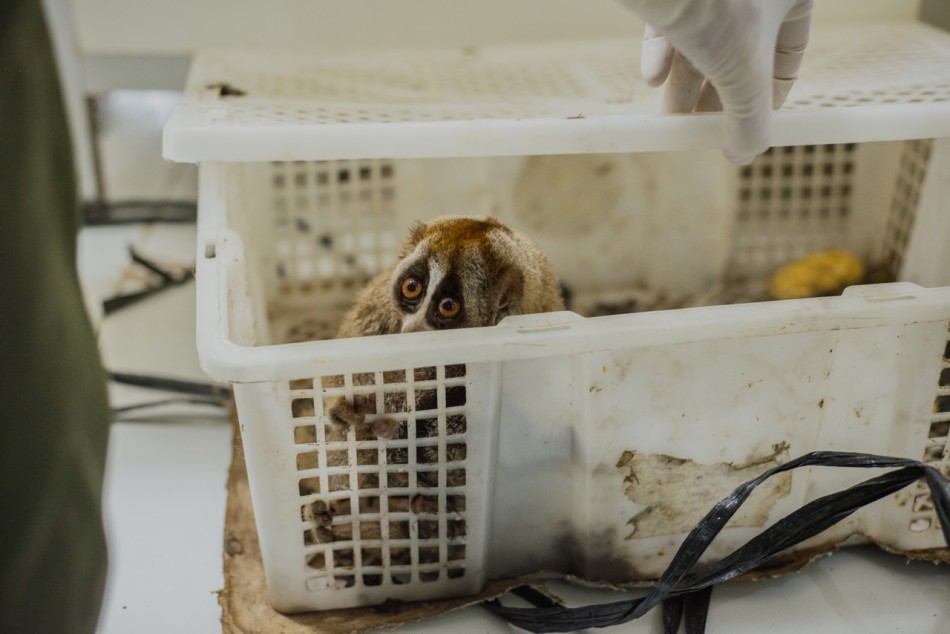

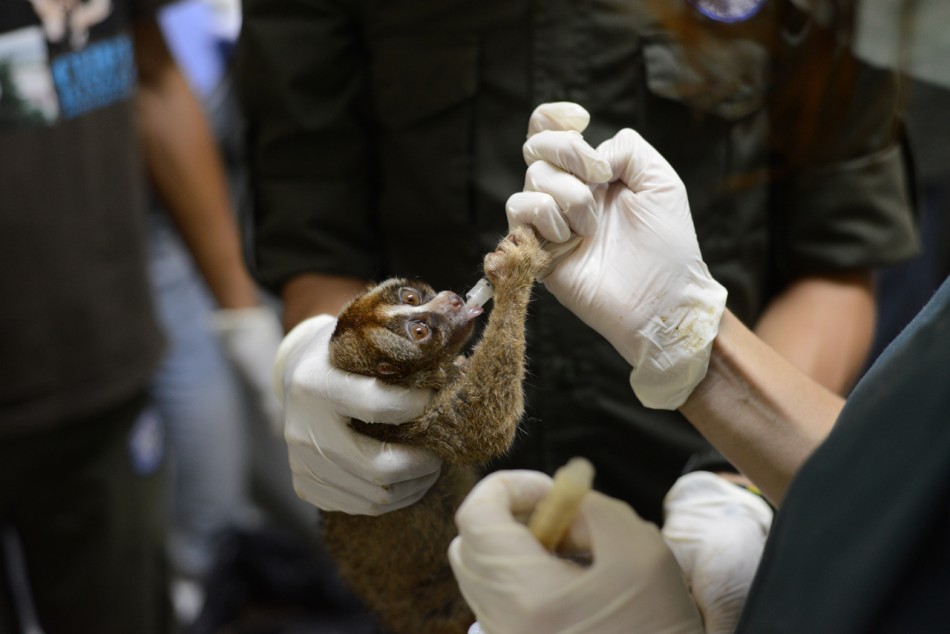

© Copyright IBTimes 2024. All rights reserved.







